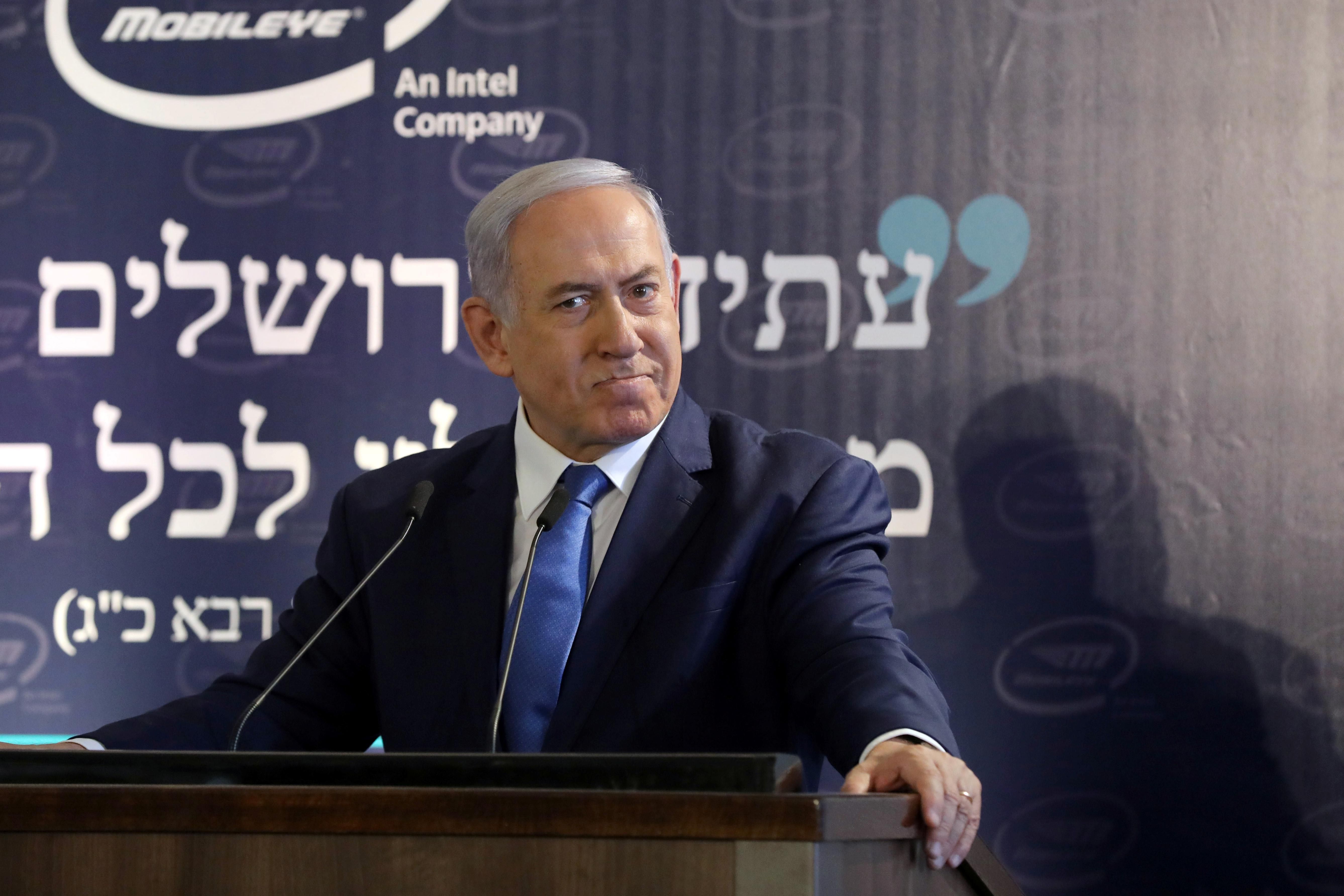Hard Numbers: Bibi's (alleged) demands, South Korean population shrinks, Venezuela's oil plunge, bloodshed in Niger
150: Israeli prosecutors have amended one of three corruption indictments against Prime Minister Benjamin Netanyahu, claiming that the PM was personally aware of or involved in making 150 demands to a powerful media executive to ensure positive coverage of his government in exchange for regulatory benefits. Netanyahu, for his part, denies any wrongdoing, calling the cases part of a "witch hunt" against him.
21,000: South Korea's population dropped for the first time in over a decade, falling by almost 21,000 year-on-year as the number of deaths surpassed the number of births. South Korea is grappling with an increasingly aging society, with more than 24 percent of the population now over the age of 60.
37.5: Venezuela's oil exports plunged in 2020, dropping by 37.5 percent compared to the previous year, a staggering 77-year low. Venezuela's once-booming oil sector has taken a hit in recent years as a result of US economic sanctions — and has been further pummeled because of COVID-19 disruptions.
100: Just a week after its presidential election, the West African country of Niger experienced one of its worst attacks in history on Saturday, when militants stormed two towns in the southwestern region of Tillabéri, killing at least 100 people. No group has claimed responsibility for the rampage yet, but Islamic State affiliates have increasingly made inroads in Niger over the past few years.
